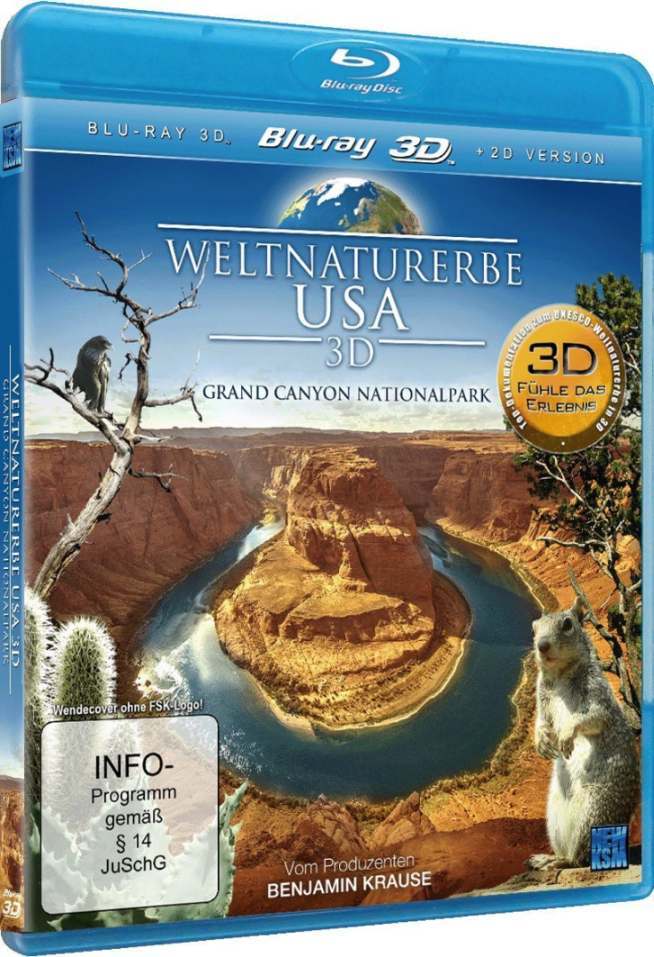
Synopsis
The Grand Canyon will forever remain unexplored and untouched. No one will ever be able to visit it. The area is inhospitable, the journey there too dangerous. This is the conclusion of a failed expedition, drawn by Joseph C. Ives in 1858. But he was wrong. Since then, more than 100 million tourists have visited the Grand Canyon of the Colorado River.
The Grand Canyon is a unique area, painstakingly carved into stone by one single river over a period of millions of years. Inch by inch. The result is a canyon of indescribable and unique beauty. A canyon that overcomes some 4000 metres from the summit of its highest elevation, to the banks of the Colorado, thereby embracing five climate zones.
This is also why the Grand Canyon can boast an unrivalled density of flora and fauna. Desert and mountain dwellers live here in the immediate vicinity, sharing a unique biosphere.
Nowhere else can the geological era be so perfectly determined by means of the rock formations adjacent to the ancient paths, that lead from the edge of the canyon to the riverbanks of the Colorado.
2 billion years of Earth’s history made comprehensible. For this reason alone, the Grand Canyon is rightfully a World Natural Heritage Site worthy of protection and an ideal symbiosis of economy and ecology.
 淘宝店铺:http://94hd.taobao.com
淘宝店铺:http://94hd.taobao.com